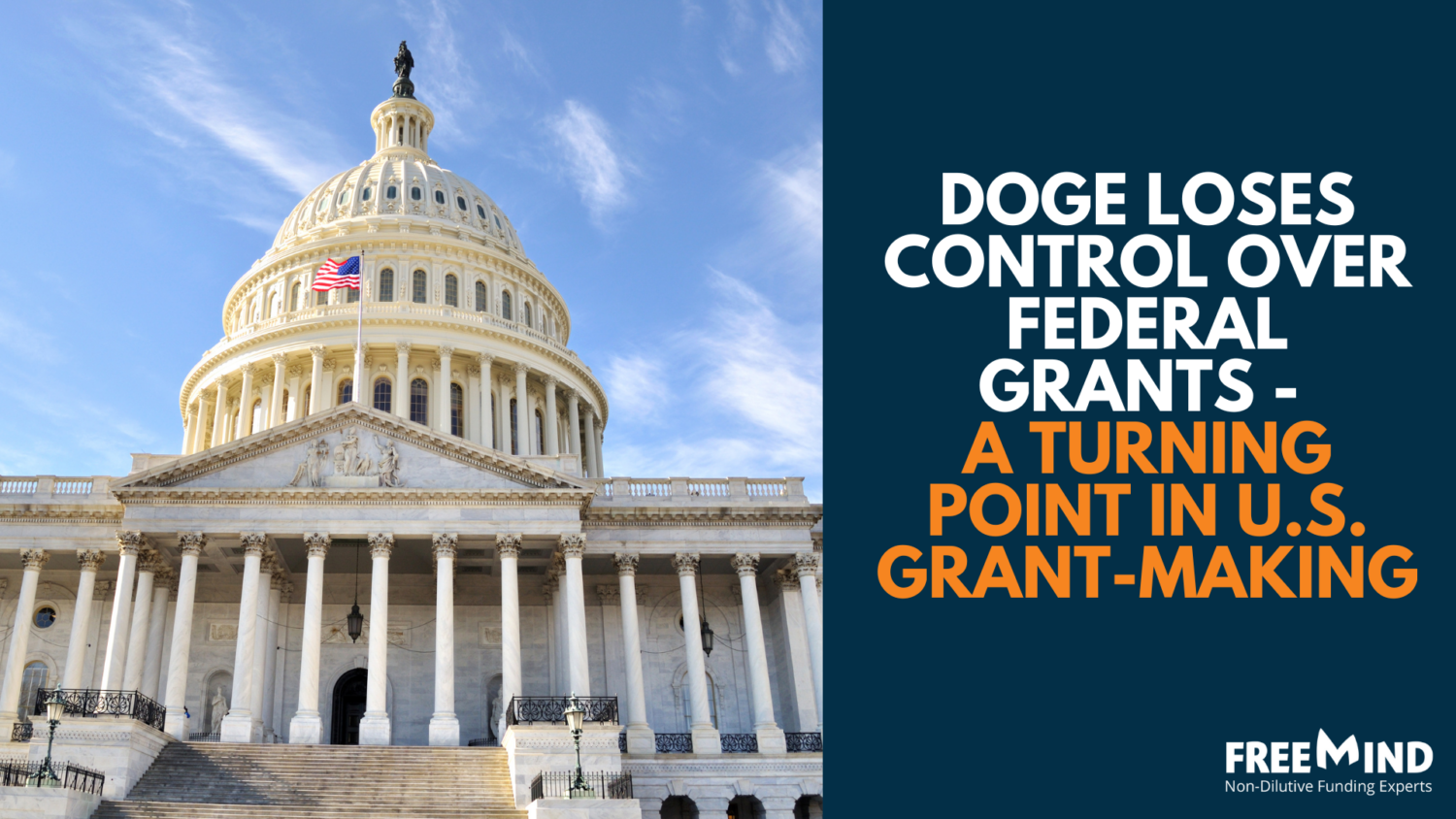DOGE Loses Control Over Federal Grants — A Turning Point in U.S. Grant-Making
🚨 DOGE Loses Control Over Federal Grants — A Turning Point in U.S. Grant-Making
Date: June 27, 2025
Source: The Washington Post
🧩 What Happened?
The Department of Government Efficiency (DOGE)—a Trump-era initiative spearheaded by Elon Musk—has relinquished its grip on the federal grants process. In April, DOGE engineers altered permissions on grants.gov, the portal handling over $500 billion in annual federal funding. Since then, agencies had to route their funding notices through a DOGE-monitored inbox, creating a bottleneck that delayed at least 30 key funding opportunities, including grants for Holocaust survivors, Alzheimer’s care, and Native American health programs.
On Thursday, an email from the Department of Health and Human Services (HHS) announced that agencies could resume the traditional posting procedure: “agencies may resume standard [NOFO] procedures on Grants.gov, effective immediately”.
🤔 Why It Matters
-
Unlocking billions: With traditional posting restored, agencies can now post and distribute funding that had been frozen or postponed—although many grants may have already expired due to fiscal deadlines
-
Efficiency concerns: DOGE’s centralization led to significant delays. A White House email noted that “at least 30 funding opportunities… languished unposted,” warning of illegal impoundment of funds
-
Checks and balances: The White House statement clarified that DOGE will now retain a secondary, advisory role—working “alongside agency secretaries” to oversee grants and guard against fraud but without direct control
🔍 Behind the Shake-Up
-
DOGE initially took control of the grants portal in April, changing permissions and creating a new layer of review. Agencies were instructed to send Notices of Funding Opportunities (NOFOs) to DOGE for clearance before posting
-
During DOGE’s control, essential grants—such as an $8M Holocaust survivors fund and $6M Alzheimer’s care grant—were delayed and risked losing out on fiscal-year–bound funding
-
This sparked concerns that DOGE’s method amounted to an illegal impoundment of congressional appropriation. Anonymously sourced emails urged agencies to bypass DOGE and return to the standard posting process
🌐 The Bigger Picture
DOGE was part of a broader effort to slash government spending—often with sweeping cuts to DEI programs, research grants, and staffing across federal agencies. Critics argued that DOGE’s approach resulted in inefficiency. As one former official put it, DOGE was:
“interfering at every stage … rendering federal grantmaking less efficient, more uncertain, more political, and more open to corruption”
Now, DOGE’s direct control has ended—but political appointee oversight remains, and it may continue to complicate the grant process. Analysts warn: the struggle between central control and bureaucratic speed is far from over.
✅ Final Takeaway
-
Agencies can now resume posting grants directly to the public—restoring normal operations.
-
DOGE’s role has shifted—from gatekeeper to advisor, reducing the risk of impoundment but not entirely eliminating oversight-induced slowdowns.
-
Watch for future friction: As political appointee review becomes embedded, efficiency gains remain uncertain.
Stay tuned as we watch whether this reset accelerates grant access—or simply reshapes the red tape.



